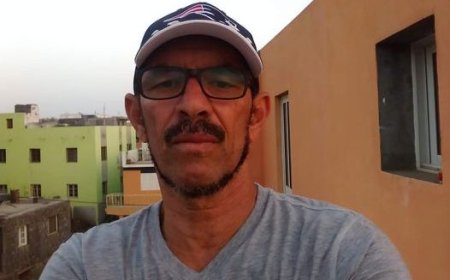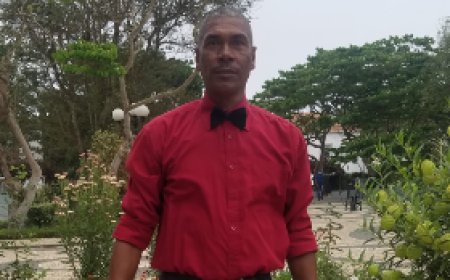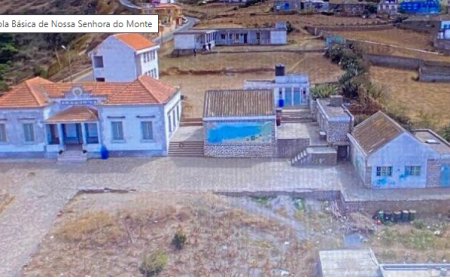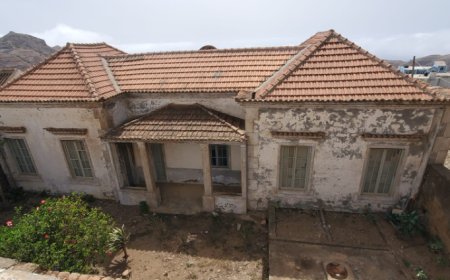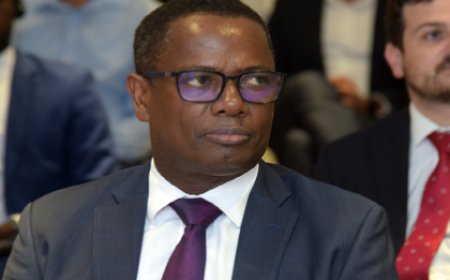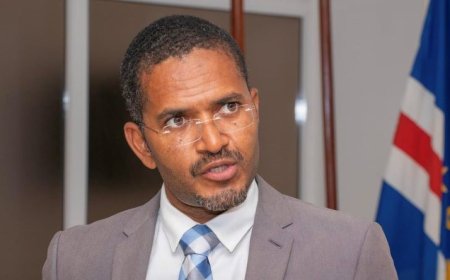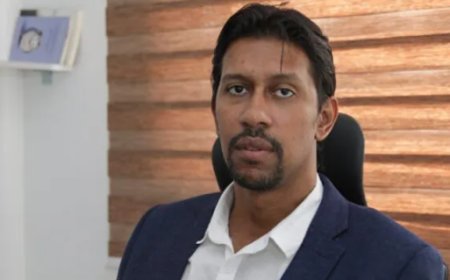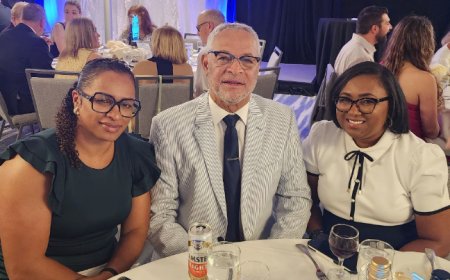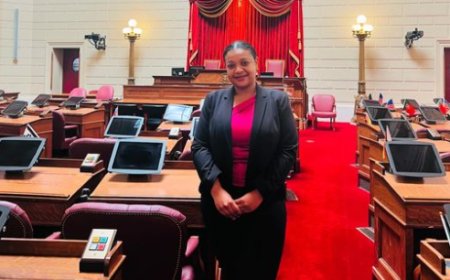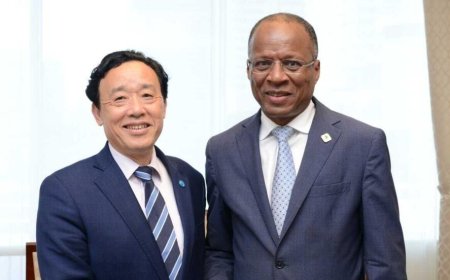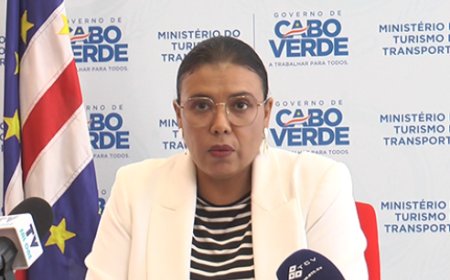Local elections 2024: CNE prepares ways to face risks of disinformation in the electoral process
The National Elections Commission (CNE) is meeting with representatives of several institutions of the Republic, with a view to preparing ways to address the risks of disinformation in the electoral process.
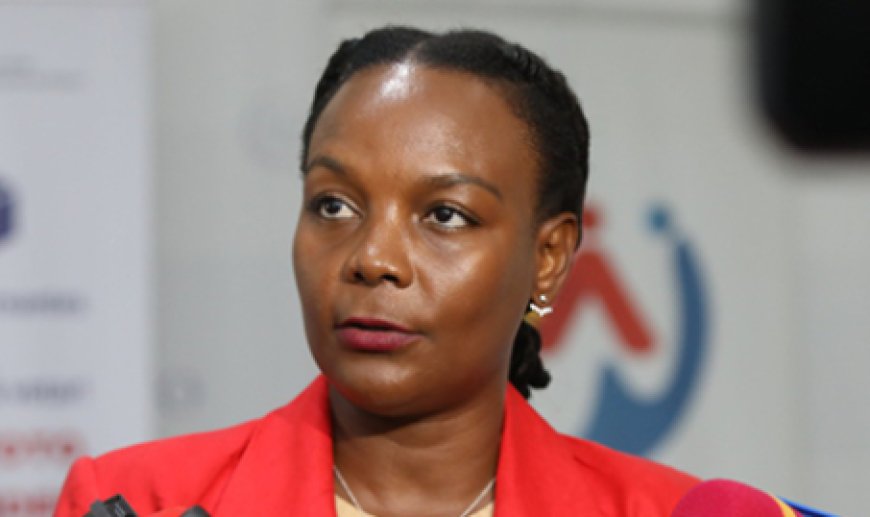
At the meeting, the CNE brings together institutions such as the Attorney General's Office, National Police, Armed Forces, ARC, Data Protection Commission, University of Cape Verde and others to discuss the integrity of elections, in light of new information and communication technologies.
This takes into account, according to the president of the CNE, Maria do Rosário Gonçalves, that the electoral process worldwide and in Cape Verde in particular faces “new and complex challenges”.
“We are certainly concerned about cyber security. Cape Verde has a database that is managed over the internet and, as you know, we also transmit election results over the internet,” he said, acknowledging that the risk of cyber attacks has been growing.
Therefore, he argued that this is a concern that the CNE wants to put on the table today as a way of identifying the level of risk and also what the rapid response measures are in the event of a crisis.
“And we want, at this meeting, to know what exists in Cape Verde that could allow us, therefore, to consider and work to mitigate the risks of using artificial intelligence in Cape Verde, especially by candidates”, he explained.
As he pointed out, this is the first time that the electoral process in Cape Verde will take place in an environment of mass access to artificial intelligence experiments, naturally bringing advantages, but also new challenges, namely 'deepfake' [manipulated video].
He also recalled that this is a tool that can bring “great benefits” to the electoral process, but also brings “great risks”, as it is a very advanced technology, which can even create speeches and associate this speech with candidates that may not correspond to the truth.
Hence, the institution believes that it is through dialogue like this that it is possible to find innovative and effective solutions to new challenges and some old ones as well.
In terms of legislation, the president of the CNE said that this is also a matter that deserves attention during the meeting, because it is a concern, to see what the country has to respond to this challenge of artificial intelligence and how it can be regulated within a framework of transparency.
This first meeting will be followed by a larger one, with political parties, journalists, civil society, national and international experts, on October 16th.





